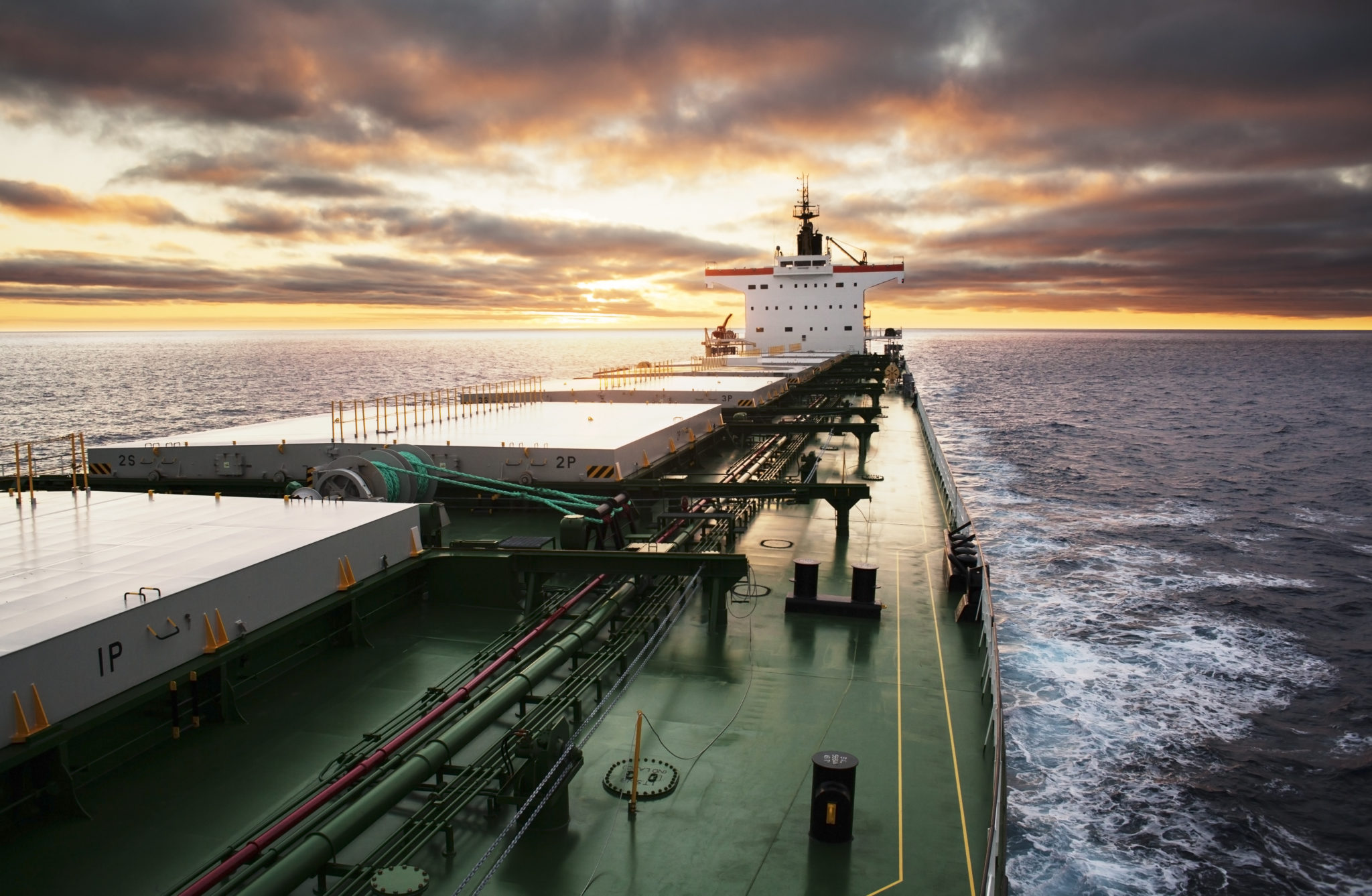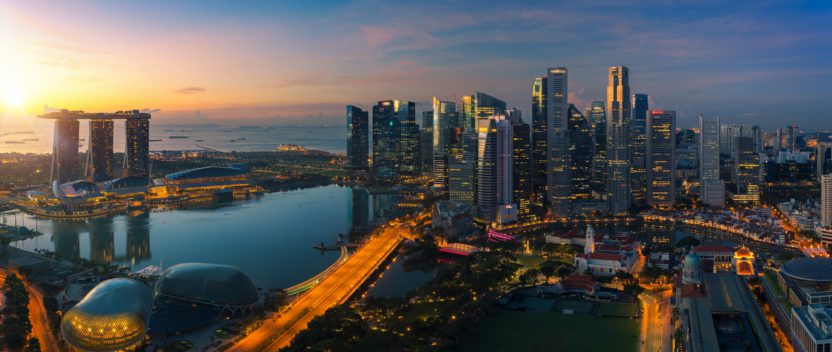Free your data (and your mind will follow)

As many parts of the world continue to endure life in lockdown, the maritime events business has become a case of ‘another week, another podcast’. This week saw Riviera Maritime Media host a series of seminars focussed on digitalisation and data.
The first of these sought to put advances in technology in the context of what the data can deliver – and how much work is still to be done in creating the standards that will enable sustainable cost savings and better environmental performance.
As digital consultant Nick Chubb pointed out, “creating standards can be difficult, but getting them adopted is another problem, whether it’s electric plugs, financial transfers, file types or data formats. The problem with developing a universal standard is that you end up with just one more.”
The lesson he offered from history was of course Malcolm McLean, father of containerization and founder of Sea-Land who when faced with competing formats of container, gave away the patent to the ISO, thereby making the 20ft box the standard size and himself rich in the process.
“If you share data then the payback comes back tenfold but for standards to take hold you need three things. There needs to be massive resulting efficiency gains, the data must be freely available, and anyone must be able to contribute,” he added.
A good example of such collaboration is the Digital Container Shipping Association which is attempting to do collectively what the lines individually have failed to do for years. The group has 70% of the world’s containerised capacity signed up to a neutral, non-profit open source container tracking platform.
DCSA COO Henning Schleyerbach noted that DSCA’s members are set to invest millions in tracking – the devices that can cost the same as a container – for good business reasons. “It can alert you if the box is opened, shocked or the temperature changes and even into changes in the condition of the cargo,” he explained.
The lines’ challenge is that some boxes travel on chartered tonnage meaning there is no consistency in connectivity and no dominant technology standard for data transfer. The task of generating a more reliable set of tracking data is continuing.
The association is also working to promote Just In Time shipping with the intention of saving an estimated 3-5m tonnes of CO2 generated from waiting times in port and coastal areas. “That’s the equivalent of 15,000 long haul 747 flights. On time arrival is the number one criterion but we think we can save costs and emissions and increase schedule reliability.”
P&O Maritime Logistics is engaged on a digitalisation drive that it hopes will bring sustained profitability to its offshore, ports and logistics business and the driver is fundamental: survival
“The industry has faced instability over the last five years and price changes that meant we suffered severely,” said CEO Martin Helweg, “Structural changes have meant we needed to reinvent the business model and the current pandemic situation is an greater challenge; we have to reduce costs, change the status quo and move with our customers.”
The company has implemented digitalisation as a ‘business enabler’ to try and change its organizational mindset and will focus on data generated by Enterprise IoT but he warned that data should not be seen as a ‘chargeable commodity’.
“In automotive and smart cities, data is seen as a value driver. In shipping we can reap benefits in terms of condition-based maintenance to reduce costs. The customer requires that shift towards a digitalised service so we must treat technology not as a cost but a revenue driver,” he said.
The increasing importance of sharing resources and data led P&O Maritime Logistics to found www.maritimestats.com as an open industry data sharing platform, an initiative he believes could have benefits across the industry.
With few common shipbuilding standards, Helweg described his company’s assets as “a bastard fleet in terms of types and features and it’s the same for all shipowners. There will be less investment in newbuildings in the next few years. Instead we must build agnostic data platforms that work with all our disparate systems”.
For the DSCA, this thinking could result in new use cases, if for example a smart container knows the cargo it carries and can broadcast that data to other units for safety warnings. “There are big cyber questions to answer first in terms of what we can broadcast but it wasn’t long ago companies were buying mobile internet licences before we knew what we could do with it,” added Schleyerbach. “In the beginning it may not look like it is paying off, but we need more, new use cases.”
Helweg went as far as echoing the comments in a recent article published here, arguing that “we need to take back the narrative from OEMs, the best way is open source. There is no value in the data itself, it’s in the analysis. If we can’t get over that we won’t evolve. There should be no need to hack for data, you can have it for free”.
Chubb agreed that the tendency was still towards collecting real time data n the hope that it delivered a minutes and seconds advantage. “It doesn’t have to be real-time and more bandwidth is not always the answer. You can look at six months of historical data with good analysis and get results.”
In the short term the industry is at the mercy of the markets and the ongoing disruptions caused by the Coronavirus and the oil price war. A post-Coronavirus environment is likely to be investment-constrained. In two polls taken during the webinar, 58% of delegates said they thought their company would maintain the minimum investment necessary in new technology in the near future.
And where would new digital standards be applied? Some 60% thought only newbuilding vessels would feel the benefit, with older vessels overlooked, suggesting that while the industry has a lot to gain from data sharing, getting to grips with the process needs more free thinking.


